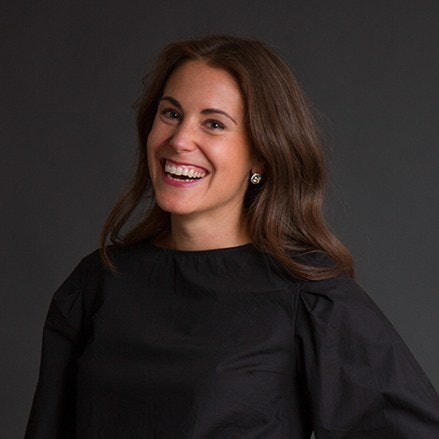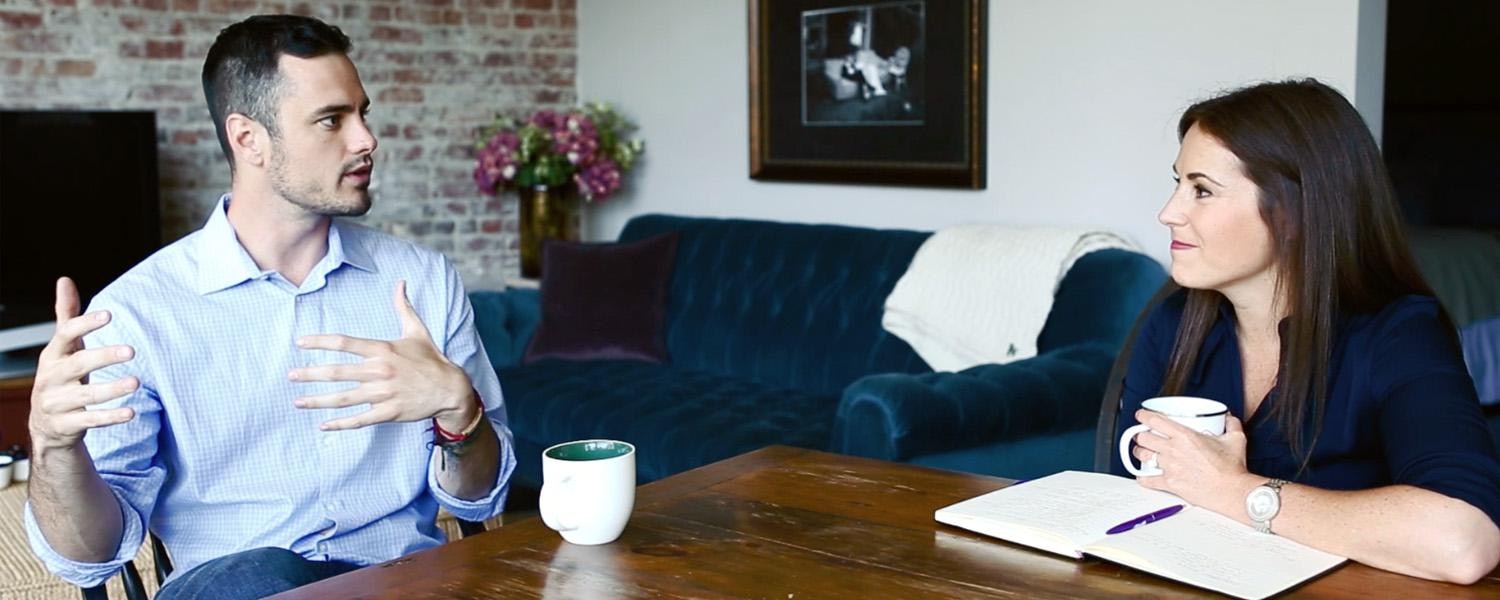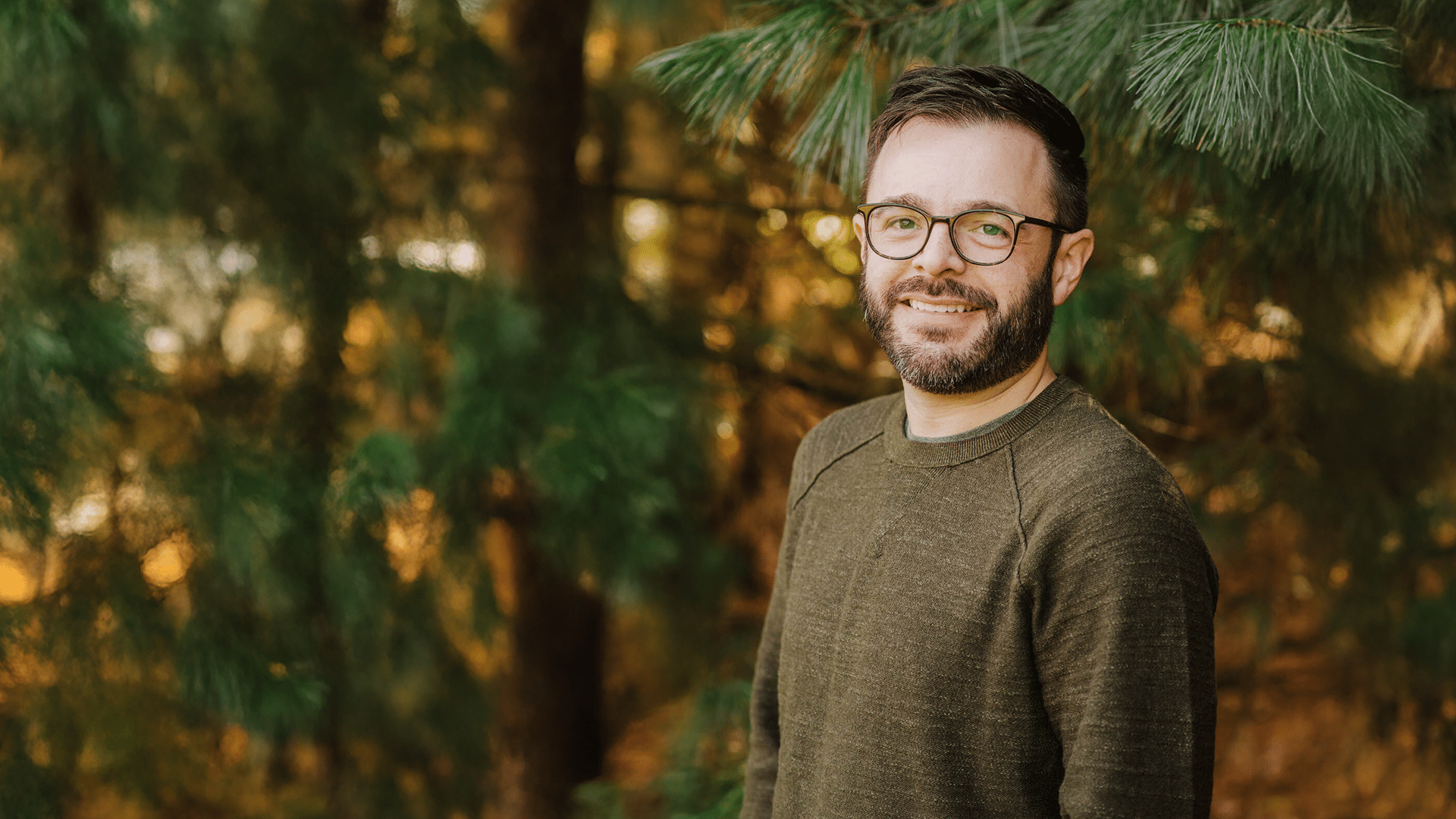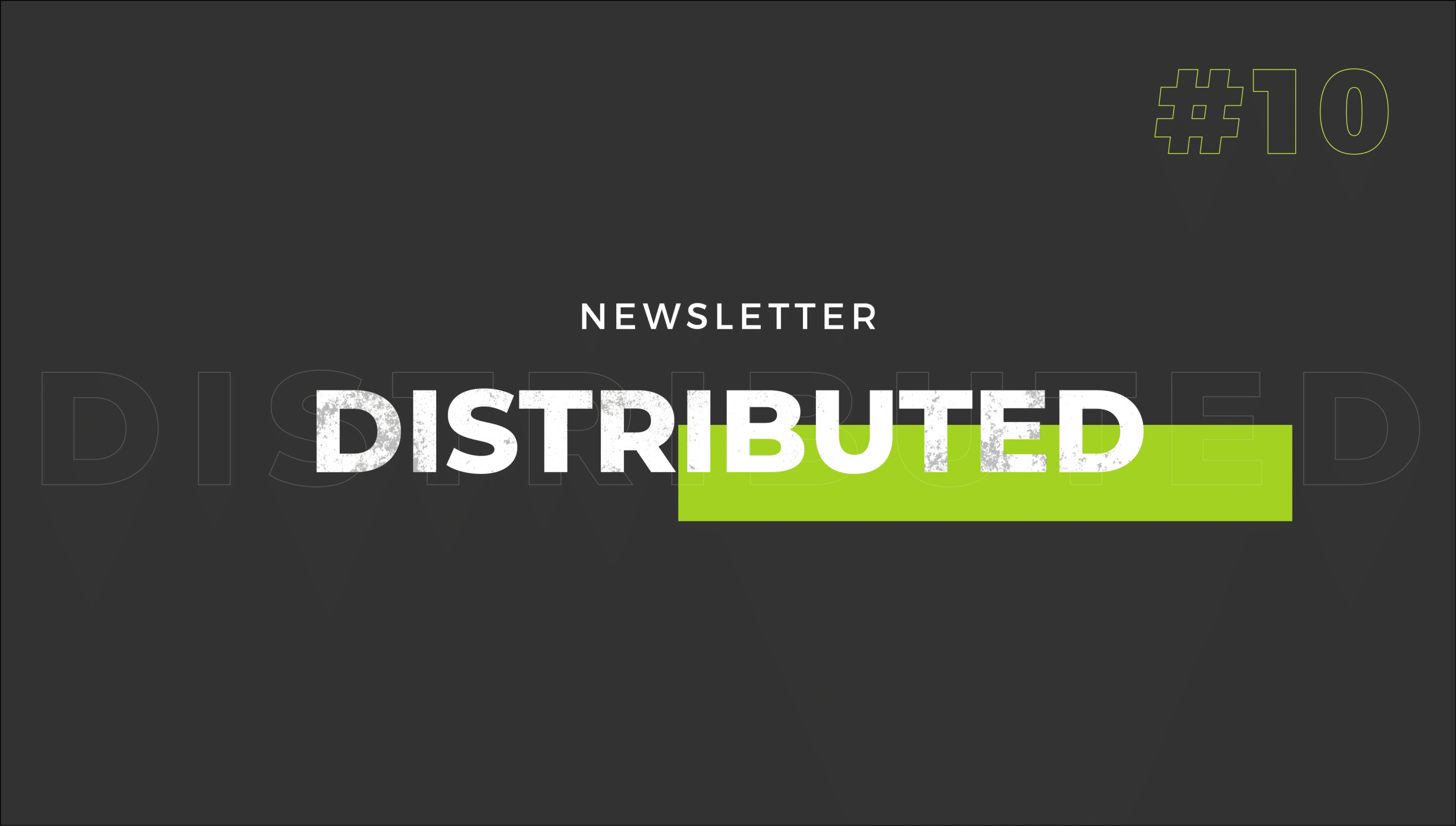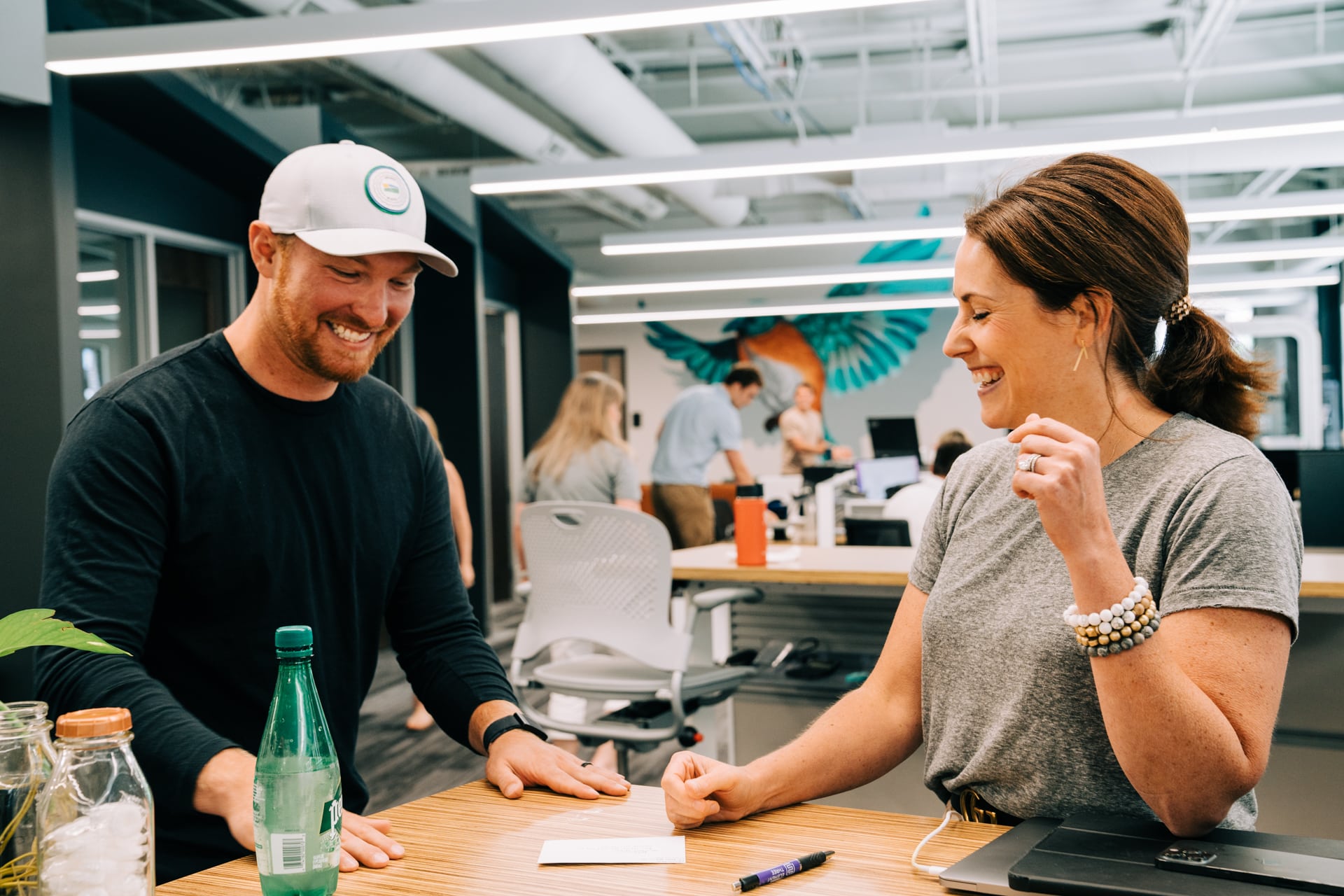If you watch network television or you ever glance at the magazines by the register at the supermarket, you’ve probably seen the face of Ben Higgins before. He competed on the reality show The Bachelorette back in 2015, and then the following year was the main focus of the following season of The Bachelor.
But, as you might guess, there’s a lot more to Ben than what you see on TV. Since his dating adventure, he’s devoted himself to being an entrepreneur and a philanthropist, co-founding Generous International, a non-profit devoted to creating sustainable, permanent growth for communities in developing countries.
I had the pleasure of talking to Ben about everything from how his upbringing drove him to say “why not” when The Bachelor came calling, what he learned from his experiences on the show, and how doing charity work in Honduras and Peru gave Ben the fire to help start Generous.
Listen
Watch
Download the full interview transcript here.
My 5 takeaways from the interview:
1. Sometimes it’s more important to ask “why not?” than “why?”
On deciding to go on The Bachelorette originally: “So I thought, ‘Is there any good reason for me not to?’…coming from Indiana, the one issue was that I was very—my world was pretty small. I came from northern Indiana. There’s not a lot of diversity. There’s not a lot of different opinions. Everybody kind of believes and thinks and does the same thing.
“And so for me, when The Bachelorette came, I thought, ‘Well, this is going to rock my world,’ and I knew I needed it….I just had to say yes because there wasn’t a good reason to say no, at least not that I could think of.”
2. Don’t be afraid to be vulnerable—people appreciate it.
“For me, I think the thing that maybe attracts people the most is the fact that I am relatable. They know that if we sat down in a room, even though I’ve been on television, that guy’s not any cooler than I am, and he’s just not afraid to say it. And I think the more and more I’ve spoken about that and the more and more I’ve shared my weaknesses—and I don’t—I mean I have a lot of great things going for me, I know that. Like I’m not down on myself, I do have a confidence, I’m not beating myself up, but I do fall short in a lot of areas. And I think my, just, practice in life of getting really used to talking about those weaknesses has actually allowed people to relate more.
“…Yeah, there’s not one person in this world that isn’t—that doesn’t have insecurities, and they just—some people just don’t feel confident enough to talk about it.”
3. Everyone has a voice—if they use it.
“I don’t know if life makes sense unless we pursue a passion and purpose. So anybody wanting to get an influence or have a voice, you already have one. And I think that’s the thing we all miss. From whatever level of notoriety you’re in, your friends are watching, your family’s watching, people are watching. And the way that you’re living your life, people hopefully care about you, and I believe that everybody has somebody at least that cares about them, and people are watching, you’re already influential.
“…You might not build a following of millions of people, but your following of 10 could be just as important. And be confident in that.”
4. If you have a tool to use, use it.
“You know, yes, and The Bachelor has obviously allowed us to transfer a following to Generous. I’m seeing that Bachelor Nation has a heart of—they want to support mostly, and then when you have something that’s just trying to do good, I think they’re very excited about jumping on. I mean we have I think a social media following of about 20-some thousand for a coffee company. That’s unheard of.
“…And that’s what I said, I don’t think I’d be sitting here talking about Generous if The Bachelor didn’t exist, and that’s why I’m so thankful that The Bachelor did happen. Outside of, you know, the relational part of it, just my dreams. I literally get to work in a company that I dreamt of working for forever, and it’s only because of a reality television show and decisions that were made through it. But that platform was given through a reality television show. So yes, I think there’s a huge crossover.”
5. Never forget who you are, whether you’re a TV star or not.
“I remember at one point I looked at myself in the mirror—this was in college, and we all have these moments I think—and I looked at myself in this mirror and I said, ‘You’re not the man you’ve ever wanted to be.’ And I’ll never forget this moment. It changed my life forever. And I went back and I prayed and I said, ‘Okay, it’s time for me to put my stake in the ground and say I’m going to be a better man.’
“And from that point forward, it wasn’t like I magically changed to be a better man, but I knew the things that I wanted to exhibit in my life and I wanted to portray. So I started to practice those, and I started to become very intentional about what I was doing and what I wasn’t doing. And so I guess for me, it spit me out here. But that same thought hasn’t changed, like I’m still practicing those things, and I still get convicted when I go off path.
“…So for me, as long as you handle the situation—and I think this is a lesson for life—no matter what situation you’re entering into, as long as you’re handling it in the way that you believe it should be handled and you’re not losing yourself in the process, then why not?”
More Bold Stories to Dive Into
Life in (and after) the NFL with Gary Brackett
Quinn Ricker on Transforming His Family Business
CMO Turned VC Investor Tim Kopp on the Job of a Leader
CMO Turned VC Investor Tim Kopp on the Impact of Employer Branding
CMO Turned VC Investor Tim Kopp on Why Work-Life Balance is Dead
CMO Turned VC Investor Tim Kopp on How to Balance Brand and Demand Generation

